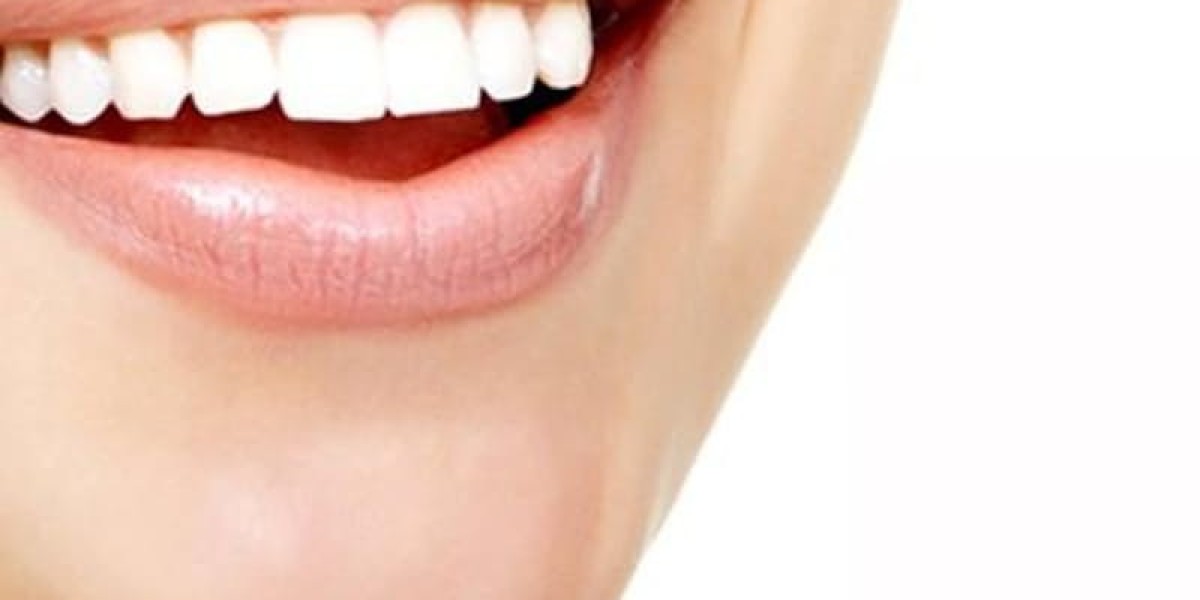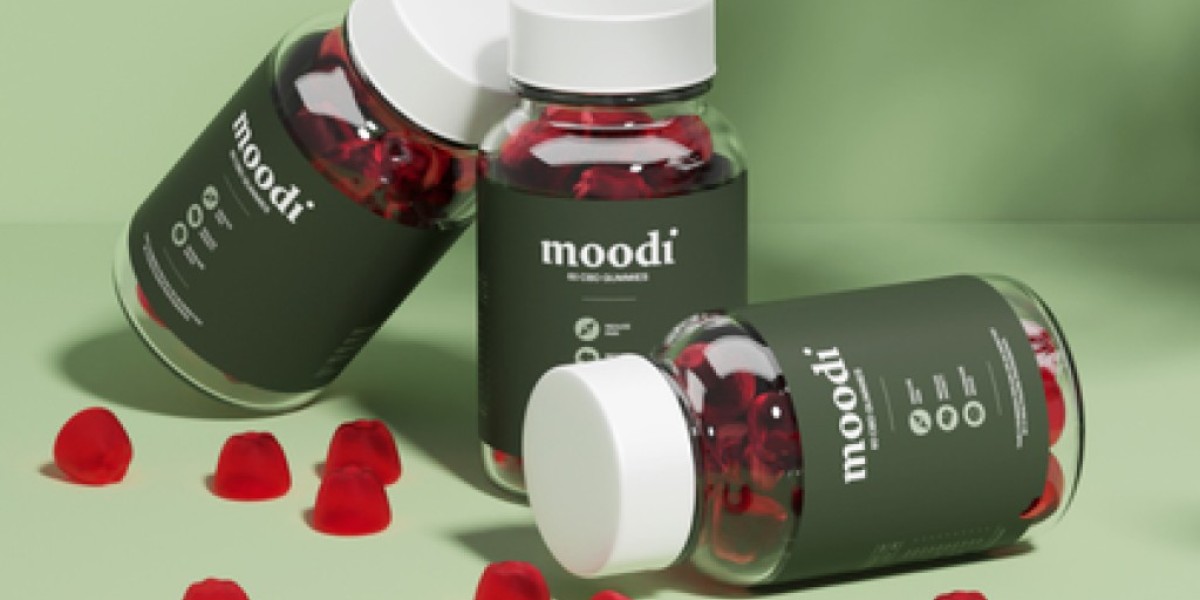If you enjoy your daily coffee or the occasional glass of red wine, you’ve probably noticed discoloration on your teeth. Naturally, you might wonder, will nano whitening work on coffee or wine stains? With its advanced formulation and enamel-safe technology, Nano Teeth Whitening is becoming a popular solution for tackling surface stains caused by food and beverages. It promises a gentler, yet effective approach—especially for those concerned about long-term enamel health.
What Makes Coffee and Wine Stains So Tough?
Coffee and red wine are two of the most common culprits behind tooth discoloration. They contain tannins and pigments that stick to the enamel, penetrating its porous surface and leaving behind dark stains that build up over time. These types of stains are classified as extrinsic, meaning they occur on the outer layer of the tooth.
Key reasons why these stains are stubborn:
Acidic nature: Weakens enamel, making it more susceptible to staining
Deep pigmentation: Creates visible yellow, brown, or purple hues
Frequent exposure: Daily consumption increases buildup
Poor oral habits: Infrequent brushing can worsen the appearance
This is why many traditional whitening methods use strong bleaching agents to lift these stains. But what if you want something safer?
How Nano Whitening Targets Surface Stains?
Nano whitening uses nano-sized particles—often nano-hydroxyapatite—to not only whiten but also rebuild and protect enamel. Instead of bleaching, it fills in microscopic enamel imperfections and smooths the tooth’s surface, which helps reduce stain adherence and makes teeth appear naturally whiter over time.
How nano whitening works on surface stains:
Fills in pores and cracks: Reduces places where stains settle
Smooths enamel: Makes it harder for future pigments to stick
Reflects light evenly: Enhances the perception of whiteness
Safe for daily use: Gradually removes discoloration without damage
While it may not produce instant results like peroxide-based treatments, it offers a much safer and sustainable alternative—especially for coffee and wine lovers.
Comparing Nano Whitening to Traditional Bleaching:
So, will nano whitening work on coffee or wine stains as effectively as bleaching treatments? The short answer: it depends on your goals. Nano whitening is ideal for daily maintenance and preventing stains from becoming permanent. It doesn’t bleach deep stains but improves overall appearance through gentle mineral reinforcement.
Here’s a comparison:
Nano Whitening:
Works best on new or mild surface stains
Safe for daily use and sensitive teeth
Strengthens enamel with no side effects
Results are gradual and natural-looking
Traditional Bleaching:
Effective on deep, stubborn stains
Often causes sensitivity or irritation
May weaken enamel over time
Provides quicker, more dramatic results
For those who frequently consume staining beverages, nano whitening can serve as a preventative routine or as follow-up care after a professional bleaching session.
Ideal Users for Nano Whitening Products:
If you’re wondering whether nano whitening will work on coffee or wine stains in your case, consider your lifestyle and dental habits. Nano Teeth Whitening Treatment is ideal for individuals who:
Drink coffee, tea, or red wine regularly
Have mild to moderate surface stains
Suffer from tooth sensitivity or thin enamel
Want a safe whitening option for teens or older adults
Prefer a natural, peroxide-free oral care approach
The key is consistency. Incorporating nano whitening toothpaste, pens, or powders into your daily dental routine can significantly reduce staining and maintain a healthy smile over time.
Final Thoughts: Is Nano Whitening Right for You?
In conclusion, yes—nano whitening can work on coffee or wine stains, especially when used consistently and combined with good oral hygiene. While it may not replace professional whitening for severe discoloration, it excels in preserving enamel, reducing new stains, and enhancing your natural brightness without irritation.
Tips for best results:
Use nano whitening products twice daily
Rinse your mouth after drinking coffee or wine
Avoid brushing immediately after acidic drinks—wait 30 minutes
Visit your dentist regularly for professional cleanings
Consider combining with occasional in-office treatments if needed
Nano whitening is more than a trend—it’s a science-driven approach to long-term oral health and beauty. If you’re looking for a stain-fighting solution that’s gentle, effective, and suitable for daily use, this might just be your perfect match.







